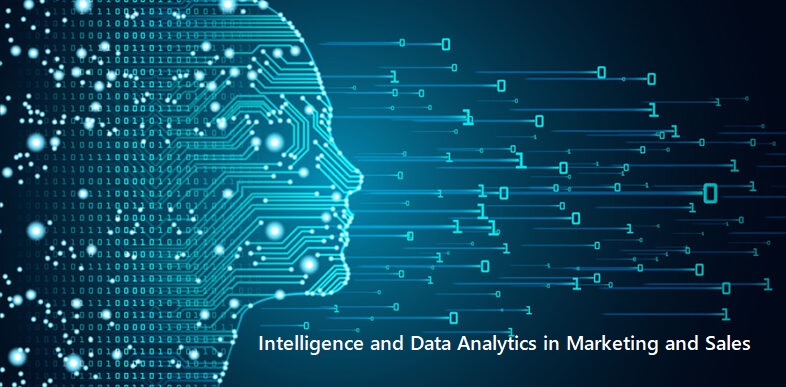
Maximizing Global Reach: Unleashing the Power of Artificial Intelligence and Data Analytics in Marketing and Sales
In the ever-evolving landscape of global business, staying ahead requires innovative approaches that harness the capabilities of cutting-edge technologies. Among these, Artificial Intelligence (AI) and Data Analytics stand out as transformative forces, reshaping the way companies develop and execute marketing and sales strategies on a global scale. In this article, we will explore the best practices for integrating AI and Data Analytics into a cohesive and effective global marketing and sales strategy.
Understanding the Landscape:
- The Power of Data:
Data is the cornerstone of any successful strategy. Leveraging AI and Data Analytics allows businesses to gain invaluable insights into customer behaviors, preferences, and market trends on a global scale. - Personalization through AI:
AI empowers marketers to create personalized experiences for customers. By analyzing vast datasets, AI algorithms can predict individual preferences, enabling tailored marketing campaigns that resonate with diverse audiences across the globe.
Strategic Implementation: - Predictive Analytics for Market Trends:
AI-driven predictive analytics helps in forecasting market trends, enabling companies to anticipate shifts in consumer behavior and adjust their strategies proactively. - Dynamic Pricing Optimization:
AI algorithms can analyze real-time market conditions and adjust pricing strategies accordingly. This ensures competitiveness and maximizes revenue across diverse global markets. - Chatbots for Global Customer Engagement:
Implementing AI-powered chatbots facilitates instant and multilingual customer support, enhancing the overall customer experience across different regions.
Global Expansion and Localization: - Language Processing for Content Localization:
AI-driven language processing tools assist in adapting marketing content to local languages and cultural nuances, ensuring effective communication with diverse global audiences. - Geo-Targeted Campaigns:
AI helps in geo-targeting, allowing businesses to tailor marketing campaigns based on the specific demographics, behaviors, and preferences of consumers in different regions.
Sales Optimization: - AI-driven Sales Forecasting:
Accurate sales forecasting is critical for inventory management and resource allocation. AI can analyze historical data, market trends, and external factors to provide more precise sales predictions. - Automated Lead Scoring:
AI automates the lead scoring process, identifying high-potential leads and prioritizing them for sales efforts. This improves efficiency and increases the likelihood of conversion.
Measuring Success: - Real-time Analytics Dashboard:
Implementing a real-time analytics dashboard powered by AI allows businesses to monitor the performance of global marketing and sales efforts. Key performance indicators can be tracked, and strategies can be adjusted promptly based on the insights gained.
Challenges and Considerations: - Data Security and Compliance:
As data becomes more central to global strategies, ensuring robust data security and compliance with international regulations is paramount. - Continuous Learning and Adaptation:
The field of AI and Data Analytics is dynamic. Companies must invest in ongoing training and development to keep their teams abreast of the latest technologies and best practices.
In a world where global markets are interconnected, harnessing the potential of AI and Data Analytics is no longer a luxury but a necessity. The best global marketing and sales strategies leverage these technologies to unlock new insights, enhance customer experiences, and optimize operations on a global scale. By embracing innovation and staying adaptable, businesses can position themselves for sustained success in the rapidly evolving landscape of international commerce.
